When this book is out, the results of the 2024 general Lok Sabha elections have already been announced. The central power has not changed, but the BJP has not gained power alone. The government will have to be led by Prime Minister Narendra Modi and the BJP under the name of the National Democratic Alliance. Therefore, progressive forces and those particularly concerned about democracy in the country feel somewhat relieved. The threat of autocracy seems to have slightly receded. However, Nikhil Wagle is not ready to be content or soften with this. He continues to launch attacks daily through 'Nikhil Wagle Original.' That is his life. Hence, the title of this book!
In 1980, Nikhil Wagle started as the editor of the weekly ‘Dinanka’; today he is the editor of the YouTube channel 'Nikhil Wagle Original'. Over the past four and a half decades, he has assumed various roles, undertaken many experiments, explored many media. Among these, his work as the editor of the evening daily 'Aapla Mahanagar' and the news channel 'IBN Lokmat' stands out significantly. However, the enthusiasm he had in his twenties is still evident today. He has always approached journalism with fervor, establishing a strong connection with the younger generation and the general public. Moreover, his journalism has consistently held power accountable, questioned authority, and even challenged it. There is no other example of this in today's Maharashtra.
In the first half of his life, he was primarily known in the Mumbai metropolitan area and other major cities in the state, but in the second half, his recognition has spread throughout Maharashtra. His reputation as a fearless and bold journalist-editor has become increasingly prominent. Hundreds of thousands of people in Maharashtra feel that Nikhil Wagle speaks and writes what they have in their minds, and they express this sentiment. However, hundreds of journalists and editors in Maharashtra believe that even if they do not completely agree with what Nikhil Wagle says and writes, it is essential for someone among them to consistently do so. They may not express this openly. Therefore, when saught out the Marathi journalist-editor is who has reached the villages, hamlets, and households across Maharashtra, the answer is undoubtedly Nikhil Wagle.
However, describing Nikhil Wagle solely as a fearless and bold journalist is like showing his cover or shell. Behind this fearless attitude lies study, experience, and conscious effort. Moreover, you cannot forget that he has had to pay heavy price for relentless fact-seeking and straightforward presentation from time to time. He has fought with a fervor won through the moral authority and inner strength obtained from this unique mixture. Understanding his personality, thought process, and achievements is an independent and significant task. It would take someone with more field specific experience and authority to see it through. While reading this book, the readers should take these facts into account.
In fact, this book was not written deliberately. It is a compilation of various speecshes given on different occasions and published over time. However, there are many strong and connecting threads among all these writings. Besides, a central theme flows through all these writings—the adverse and objectionable interference of central power in the political, social, and cultural life of this country in the decade after 2013. This interference has had long-term effects, mainly on national unity, democratic values, and secularism. Hence, this book will be useful in understanding the encroachment by central power in India over the past decade.
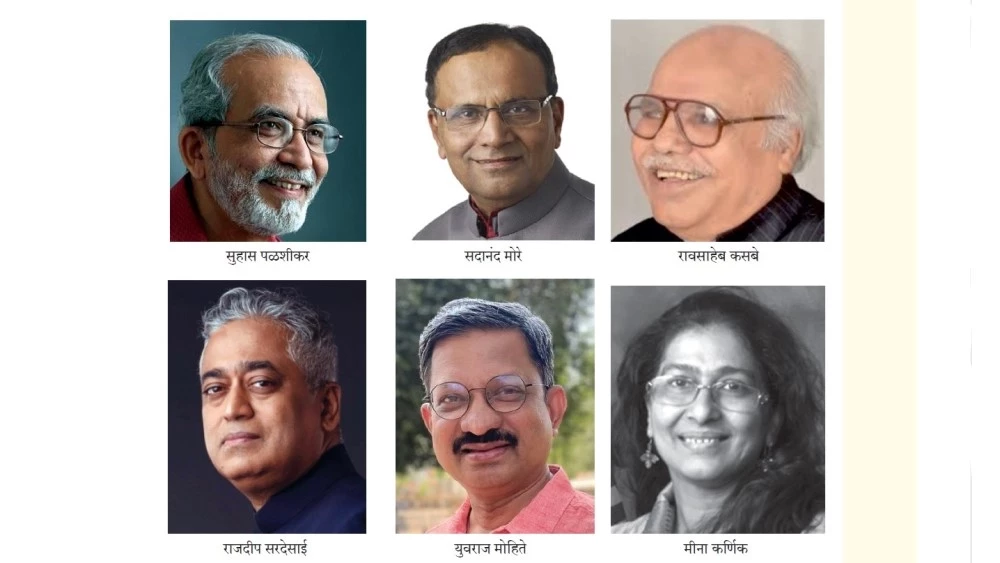 All the writings included in this book were published in the 'Sadhana' weekly over the past decade. However, reading them all together now, the sharpness and intensity of the writings are more evident. The internal consistency will leave a stronger impression on the mind. If one were to describe a single distinguishing feature of this book, it would be extremely readable. The editor, yours truly, had read these writings as they were published, but while publishing the book, I only read the final version prepared for printing after the book was ready, and finished it easily within 24 hours. the content was so gripping. This book includes six long interviews, three long speeches, and one relatively short appendix.
All the writings included in this book were published in the 'Sadhana' weekly over the past decade. However, reading them all together now, the sharpness and intensity of the writings are more evident. The internal consistency will leave a stronger impression on the mind. If one were to describe a single distinguishing feature of this book, it would be extremely readable. The editor, yours truly, had read these writings as they were published, but while publishing the book, I only read the final version prepared for printing after the book was ready, and finished it easily within 24 hours. the content was so gripping. This book includes six long interviews, three long speeches, and one relatively short appendix.
Nikhil Wagle has conducted five interviews with Suhas Palshikar (two), Sadanand More, Raosaheb Kasbe, and Rajdeep Sardesai. Hence, some may feel that only half of the content in this book belongs to Nikhil Wagle. In a sense, that is true. But the deep-seated connection Nikhil Wagle has with each of these individuals is no coincidence. Those four individuals might not have spoken so clearly and effortlessly with anyone else. They found a confidante, a trustworthy crony in him. While reading the interviews, it seems that almost all the content in the interviewee’s mind has already permeated the interviewer's mind or will eventually do so. The four interviewees are not only stalwarts in their respective fields but also seasoned public speakers. Extracting that level of candidness from them not only showcases Nikhil Wagle's skill; but also testifies the fact that they poured out their minds with more confidence, seriousness, and determination because Nikhil Wagle was the one asking questions.
This book includes an interview of Nikhil Wagle conducted by Yuvraj Mohite. It is an insightful interview, and brief, to-the-point. In fact, had this interview progressed in the same tone and rhythm it could have yielded such high-standard and elaborate content, that it would have become worthy of a separate book on its own. Same is the case with the essay by Meena Karnik included as an appendix can also expand into a book. Will those two accomplish this in the future? They should. If they do, Nikhil Wagle's work and achievements will serve as a guide for today’s and tomorrow's generations and also cause the previous generation to introspect.
This book contains three speeches by Nikhil Wagle, delivered at different times for various occasions. But the central theme remains the same: a fierce fighting spirit, firm nationalism, insistence on lawful methods, and readiness to attack the opposition to preserve democratic and constitutional values. The topics of those three speeches are 'Role of Media,' 'Intolerance in Politics,' and 'Unannounced Emergency.' These three speeches, delivered between 2014 and 2018, felt just as intense and relevant in May 2024. What does this mean? The political and social situation in the country has deteriorated, or did Nikhil Wagle anticipate the worsening situation much earlier? Perhaps both are true.
As this book is being published, the results of the 2024 general Lok Sabha elections have been announced. The central power has not changed, but the BJP has not gained power alone. The government will have to be led by Prime Minister Narendra Modi and the BJP under the name of the National Democratic Alliance. Therefore, progressive forces and those particularly concerned about democracy in the country feel somewhat relieved. The threat of autocracy seems to have slightly receded. However, Nikhil Wagle is not ready to be content or soften with this. He continues to launch attacks daily through 'Nikhil Wagle Original.' That is his life. Hence, the title of this book! It is chosen from one of his answers to a question in the interview conducted by Yuvraj Mohite.
The essay by Meena Karnik included in this book was written for the 'Sadhana Yuva Diwali Ank' especially for the youth. All other writings have been published after being transcribed from audio-video formats. The transcription work for publication in Sadhana was done by five young friends—Kishore Raktate, Swapnil Jogi, Bhagyashree Bhagwat, Suhas Patil, and Prajakta Dhumal. They all enjoyed the work immensely, and I also found special joy in finalizing and publishing all this writing in Sadhana. Hence, there is no need for formal thanks. However, we must thank Suhas Palshikar, Sadanand More, Raosaheb Kasbe, Rajdeep Sardesai, and Yuvraj Mohite, whose permission we assumed to publish the interviews in Sadhana Weekly and in this book. Additionally, one speech included in this book was delivered at an event organized by 'Yuvak Kranti Dal,' and another at the Govindrao Pansare memorial event. Therefore, thanks are due to Kumar Saptarshi and Megha Pansare, respectively. Besides, one interview was conducted for the news channel 'IBN Lokmat,' another for the digital portal 'Max Maharashtra,' and one for an event organized by 'Shabd Prakashan.' Heartfelt thanks to all three organizing institutions.
('सत्तेला अंगावर घेता येतं - Sattela Angavar Gheta Yeta’ (Standing Up to Power) is a book being published by Sadhana Prakashan this week. This is the preface written for it.)
Editor
weeklysadhana@gmail.com
Read the Original Marathi Article published as the Editorial in the Sadhana Weekly dated June 29, 2024:
केंद्रीय सत्तेने केलेले अतिक्रमण समजून घेण्यासाठी
Translated by Rucha Mulay
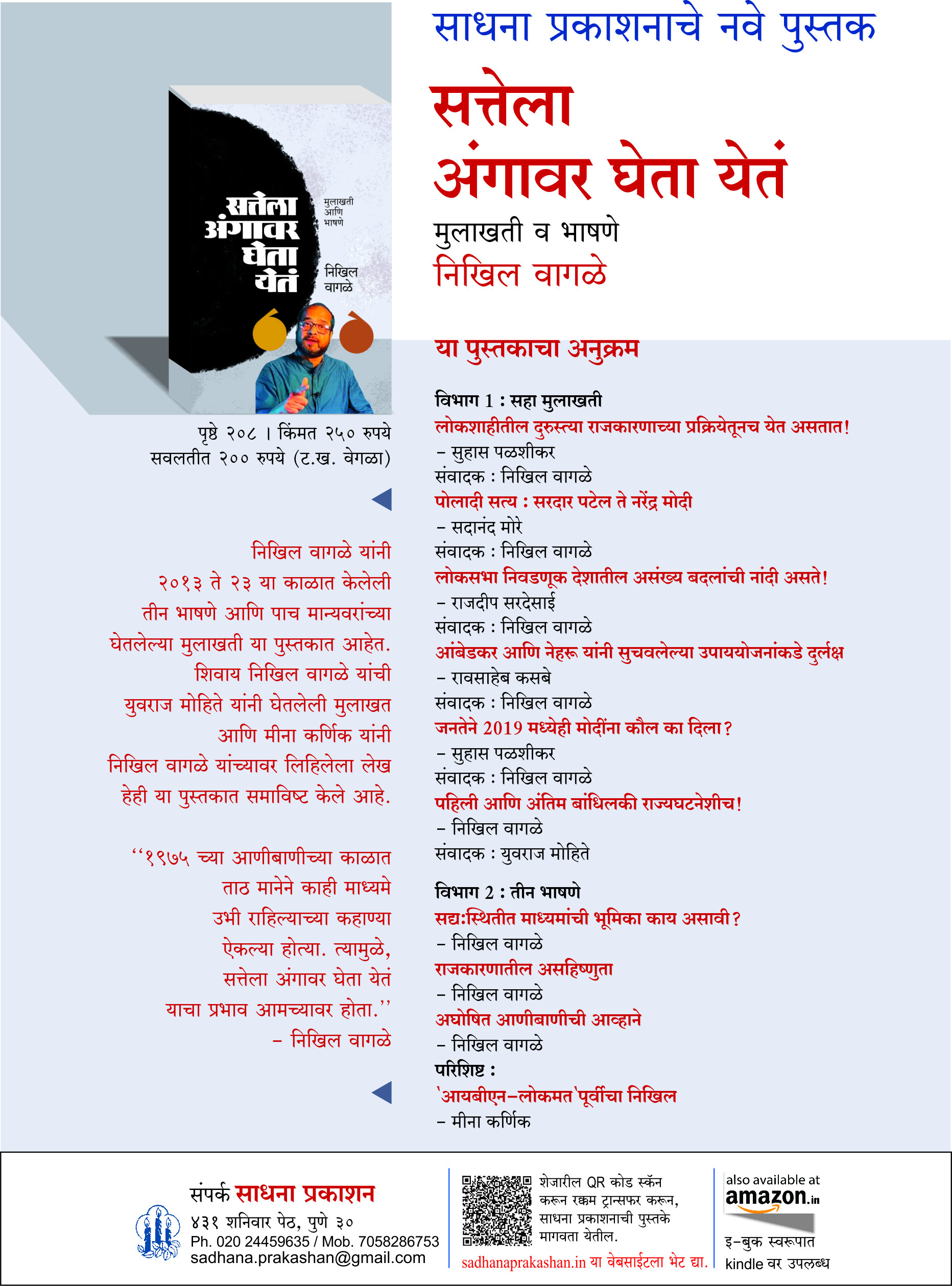
Tags: sadhana digital nikhil wagle new book sattela angavar gheta yeta editorial ibn lokmat Load More Tags

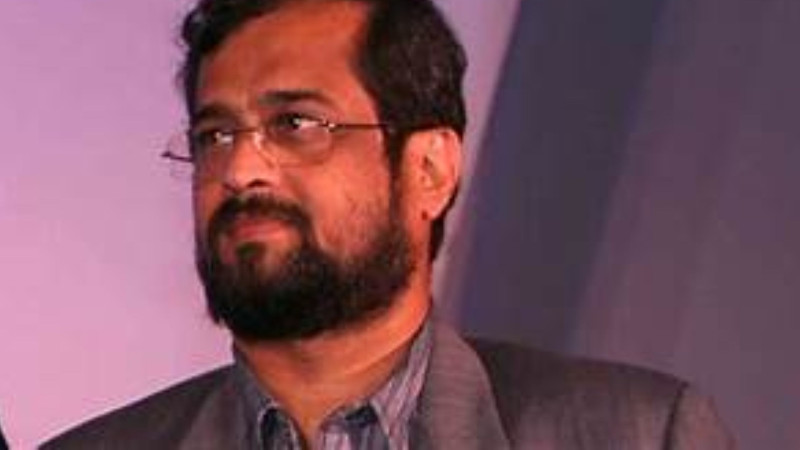
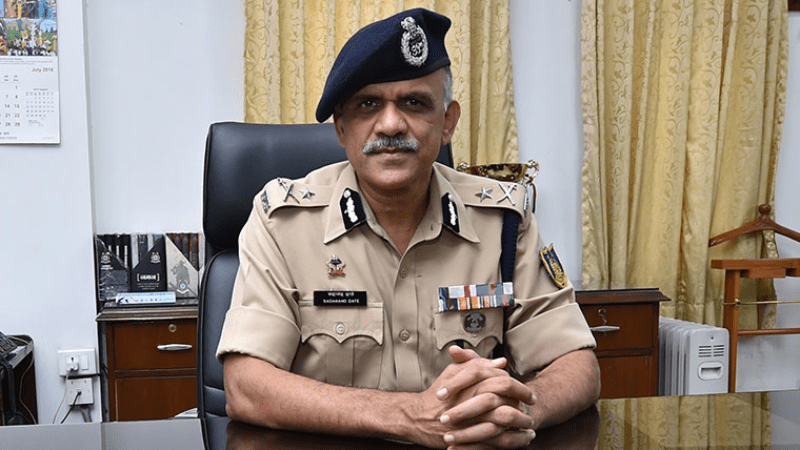
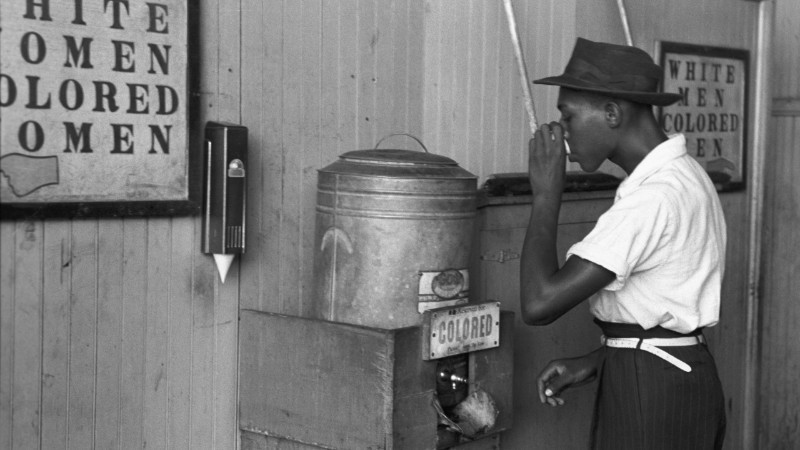
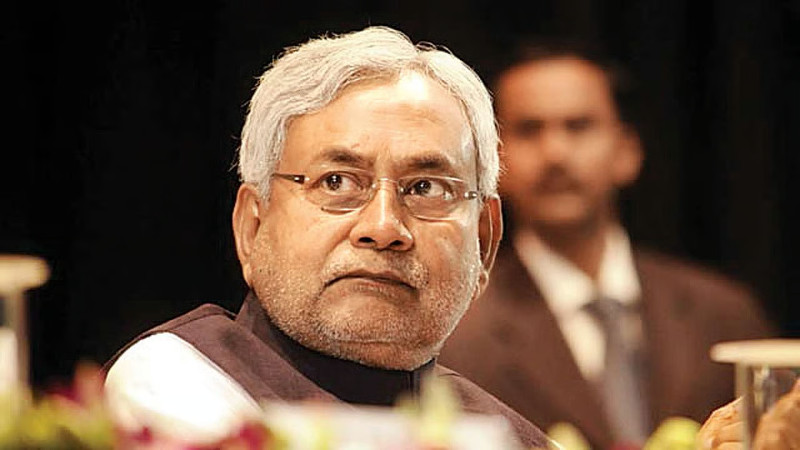


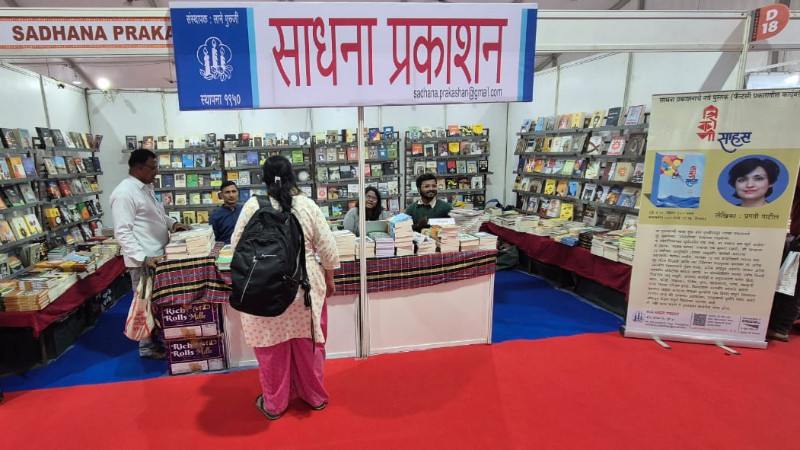
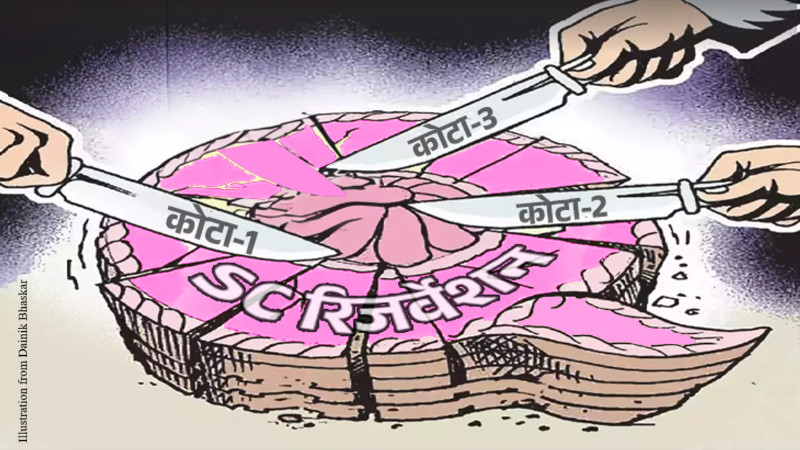
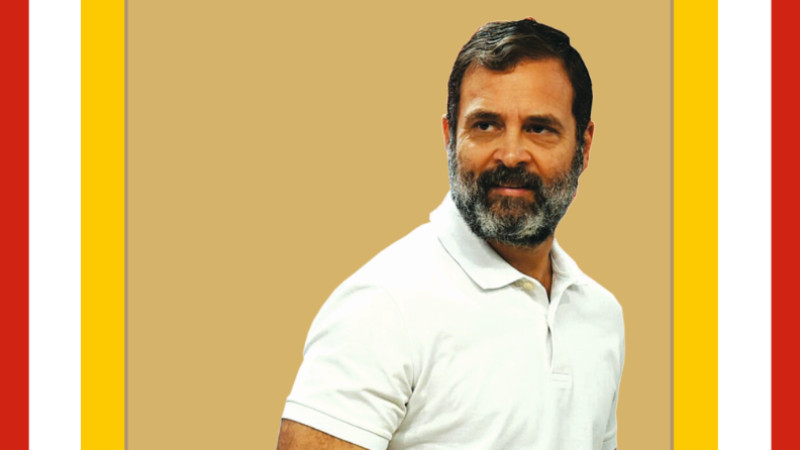
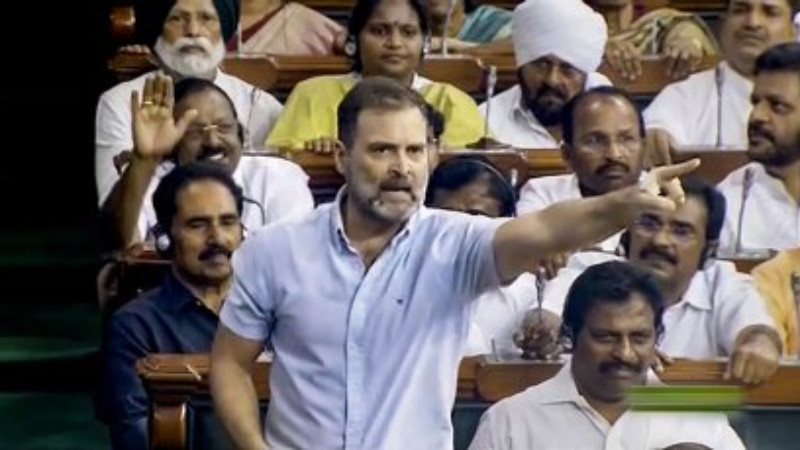

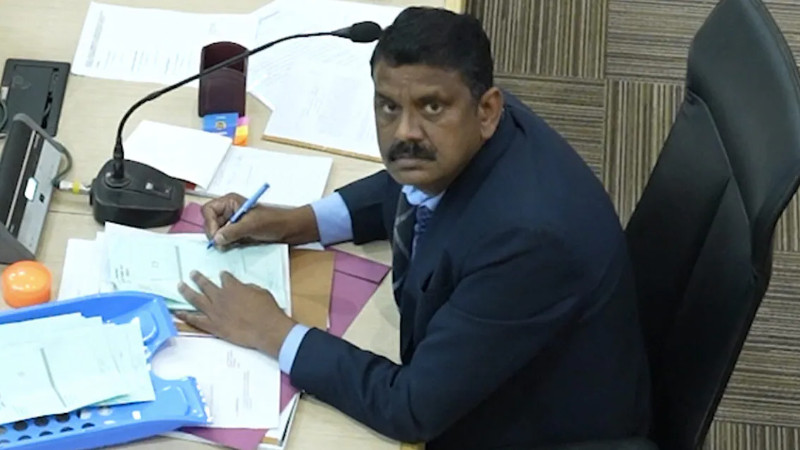
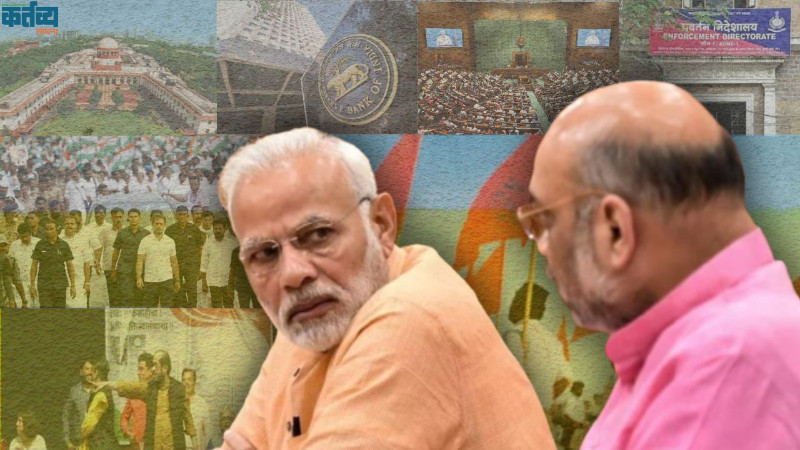
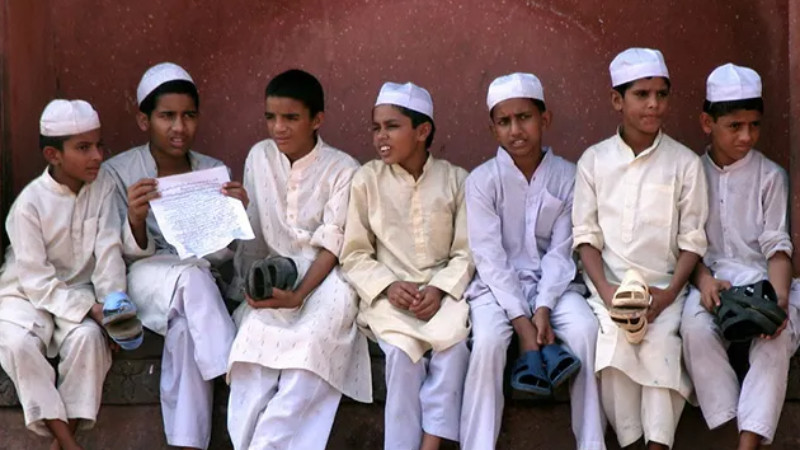
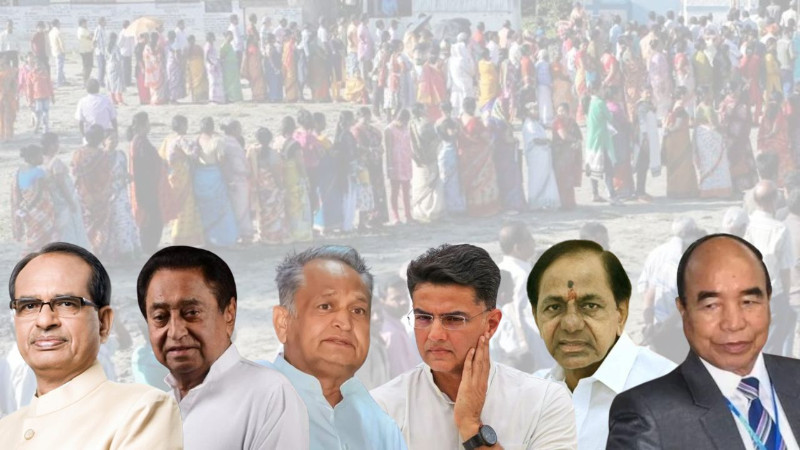
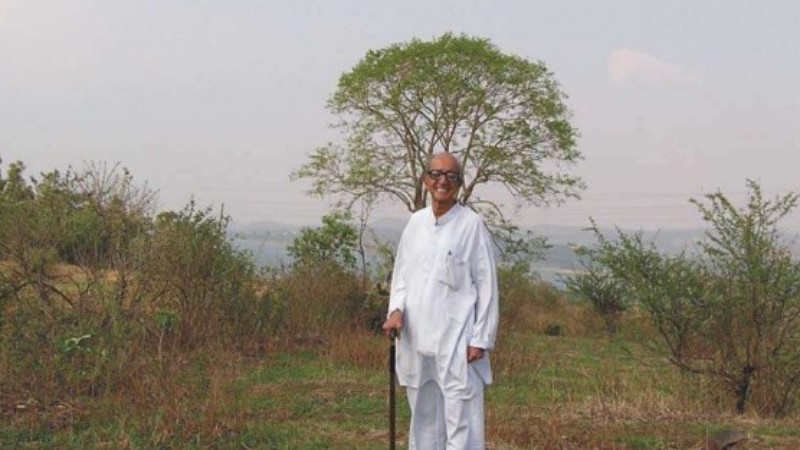
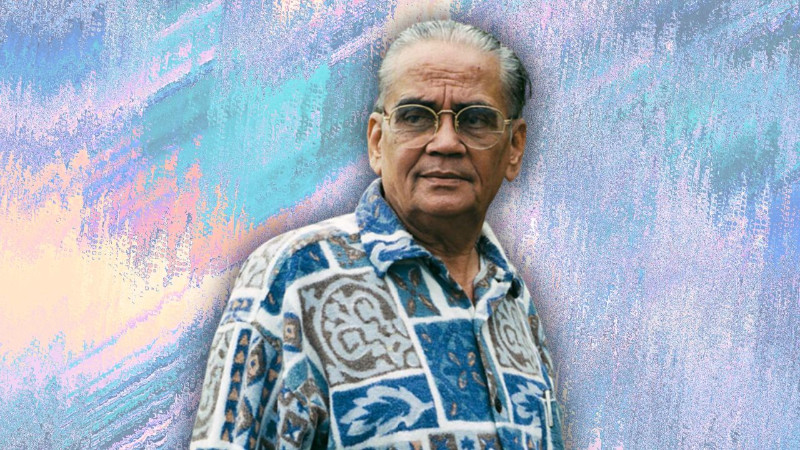
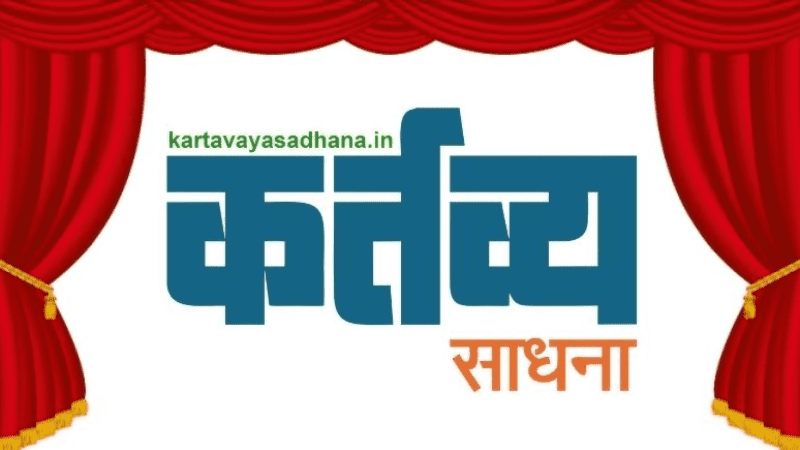
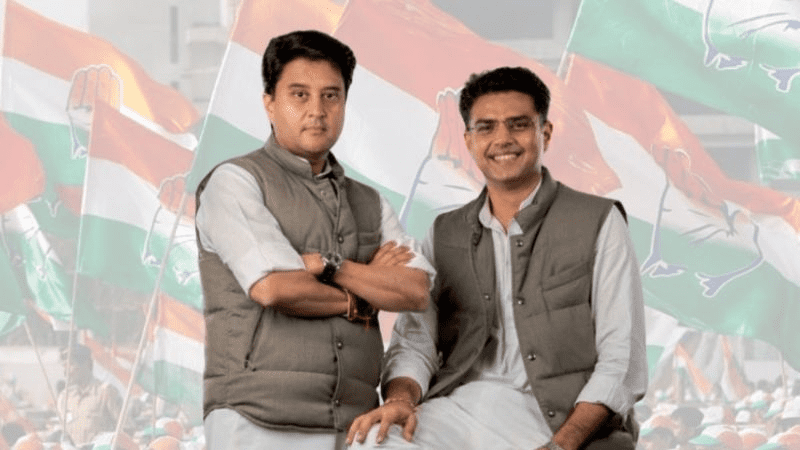
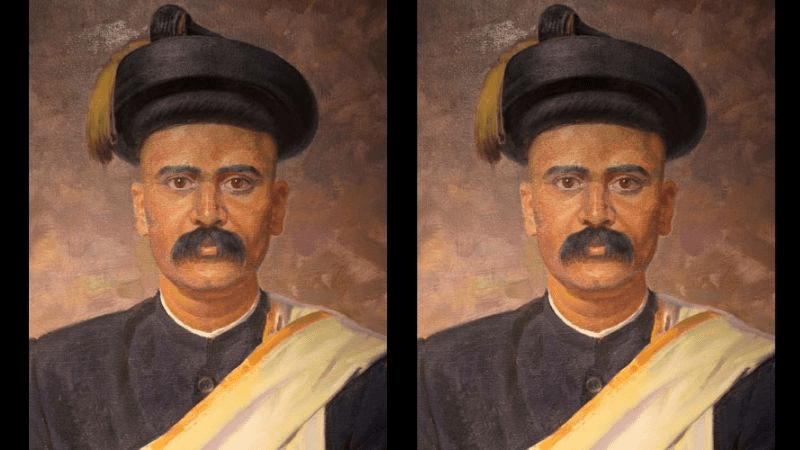

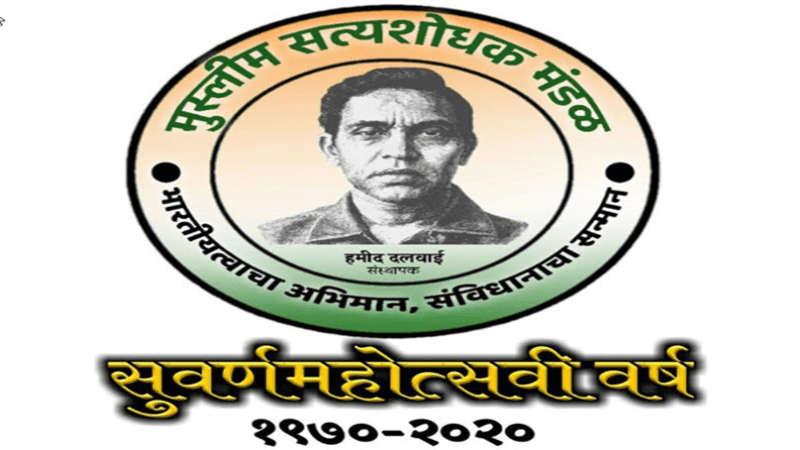

























Add Comment